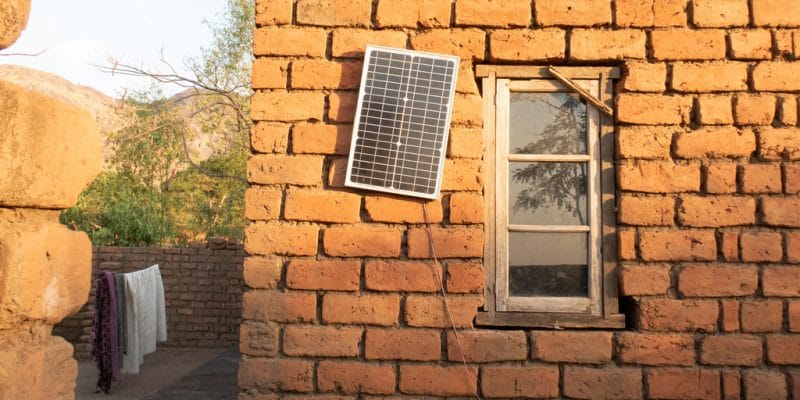The Federal Government of Nigeria wants to improve the electricity supply to 25 million people through the installation of five million solar home systems. The nearly $367 million (140 billion Nigerian naira) project will be 20 per cent financed by the World Bank via a grant.
In Nigeria, the federal government is relying on solar home systems to electrify populations not connected to the national electricity grid. It plans to provide five million solar kits to 25 million people. This new project will be implemented by the Rural Electrification Agency (REA). The first series of installations will be carried out nationwide throughout December 2020.
The installation of solar home systems in Nigeria is part of the coordinated implementation of the Economic Sustainability Plan (ESP), known as Solar Power Naija. According to Laolu Akande, Special Assistant to the Nigerian President for Media and Advertising, the new power project will give priority to Nigerians living in both rural and urban areas. The official points out that the solar kits could be fully owned by the beneficiaries after three years. In the meantime, they will pay for the installation at a cost ranging from 1,500 Nigerian naira (about US$4) per week to 4,000 Nigerian naira (more than US$10.5) per month depending on capacity and over a three-year period.
The implementation of this project will require an investment of 140 billion Nigerian Naira, the equivalent of US$367 million. The World Bank will finance 20% of the initiative through a grant. The Central Bank of Nigeria will also make funds available for private solar energy companies involved in the manufacture, assembly, installation and maintenance of solar systems at rates ranging from 5 to 10%. At least 250,000 jobs will be created under the project.
Inès Magoum







